Why Business Intelligence Is Key to Strategic Decision-Making

Business Intelligence (BI) transforms complex data into actionable insights that inform key strategic decisions. By leveraging BI tools and methodologies, organizations can analyze performance, forecast trends, and drive growth through data-driven strategies.
What Is Business Intelligence?
BI refers to the systematic process of collecting, integrating, analyzing, and presenting business data. It turns raw information from ERP, CRM, marketing, and financial systems into clear reports or dashboards that support executive decision-making and operational workflows.
Core Benefits of BI
-
Enhanced Visibility: BI provides real-time insights into sales, operations, and performance metrics.
-
Faster Decisions: Interactive dashboards enable stakeholders to explore data instantly and adjust strategies quickly.
-
Predictive Analysis: With predictive models and statistical techniques, organizations can anticipate market trends and optimize planning.
-
Cost Optimizations: BI helps identify inefficiencies and drive cost-saving measures across departments.
-
Improved Collaboration: democratized data access empowers cross-functional teams to leverage insights consistently.
Key BI Components
-
Data Collection & Integration: Consolidating data from various systems into central repositories, often via ETL/ELT tools.
-
Data Warehousing & Storage: Centralized data storage optimized for querying and analysis.
-
Dashboards & Reporting: Visual interfaces that monitor KPIs, trends, and anomalies in real-time.
-
Advanced Analytics & Machine Learning: AI-driven insights for predictive modeling and automated decision support.
Industries That Benefit Most
-
Retail & E-Commerce: Track customer behavior, optimize inventory, and personalize offers.
-
Healthcare: Improve patient outcomes by analyzing treatment and operational data.
-
Finance: Monitor risks, detect fraud, and forecast financial performance using predictive indicators.
-
Manufacturing & Logistics: Analyze production line metrics, optimize supply chains, and minimize downtime.
Implementing BI Successfully
-
Define clear business goals and performance metrics (KPIs).
-
Choose the right BI tools such as Power BI, Tableau, or Looker based on capabilities and data sources.
-
Ensure data quality through governance, mapping, and validation processes.
-
Offer training and self-service access to empower decision-makers across teams.
-
Continuously monitor adoption and refine dashboards for evolving needs.
Business Value of BI
-
Accelerates data-driven decision-making across levels.
-
Reduces costs through process optimization and predictive insights.
-
Enhances responsiveness to market changes or customer behavior.
-
Strengthens strategic alignment and operational transparency.
